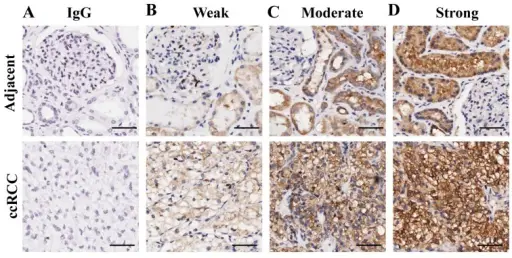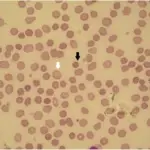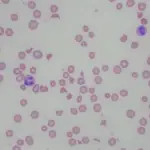Glucose-6-phosphate dehydrogenase deficiency is a genetic condition subsequent from a structural flaw in G6PD, enzyme that is predominantly significant for the endurance of RBCs and their aptitude to respond to oxidative stress.
What is the Pathology of Glucose-6-Phosphate Dehydrogenase Deficiency?
The pathology of glucose-6-phosphate dehydrogenase deficiency is:
-Etiology: The cause of glucose-6-phosphate dehydrogenase deficiency is G6PD gene mutations.
-Genes involved: G6PD gene.
-Pathogenesis: The sequence of events that lead to glucose-6-phosphate dehydrogenase deficiency is inability to convert NADP to NADPH and oxidizing glucose-6-phosphate.
-Morphology: The morphology associated with glucose-6-phosphate dehydrogenase deficiency shows
-Histology: The histology associated with glucose-6-phosphate dehydrogenase deficiency shows Heinz bodies
How does Glucose-6-Phosphate Dehydrogenase Deficiency Present?
Patients with glucose-6-phosphate dehydrogenase deficiency typically higher in males present at an age range of any age. The symptoms, features, and clinical findings associated with glucose-6-phosphate dehydrogenase deficiency include Neonatal jaundice, intravascular hemolysis and chronic hemolytic anemia.
How is Glucose-6-Phosphate Dehydrogenase Deficiency Diagnosed?
Glucose-6-phosphate dehydrogenase deficiency is diagnosed through laboratory test for G6PD deficiency which includes Beutler test and a quantitative assay of GPD activity, other lab works include CBC count, serum haptoglobin level, urinalysis for hematuria, bilirubin level, lactate dehydrogenase (LDH) level, and peripheral blood smear.
How is Glucose-6-Phosphate Dehydrogenase Deficiency Treated?
Glucose-6-phosphate dehydrogenase deficiency is treated through counselling to avoid chemicals and drugs that may cause oxidant stress.
What is the Prognosis of Glucose-6-Phosphate Dehydrogenase Deficiency?
The prognosis of glucose-6-phosphate dehydrogenase deficiency is fair as most are asymptomatic.



